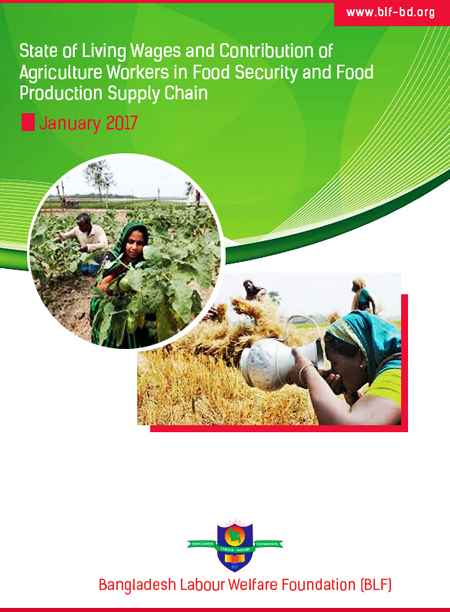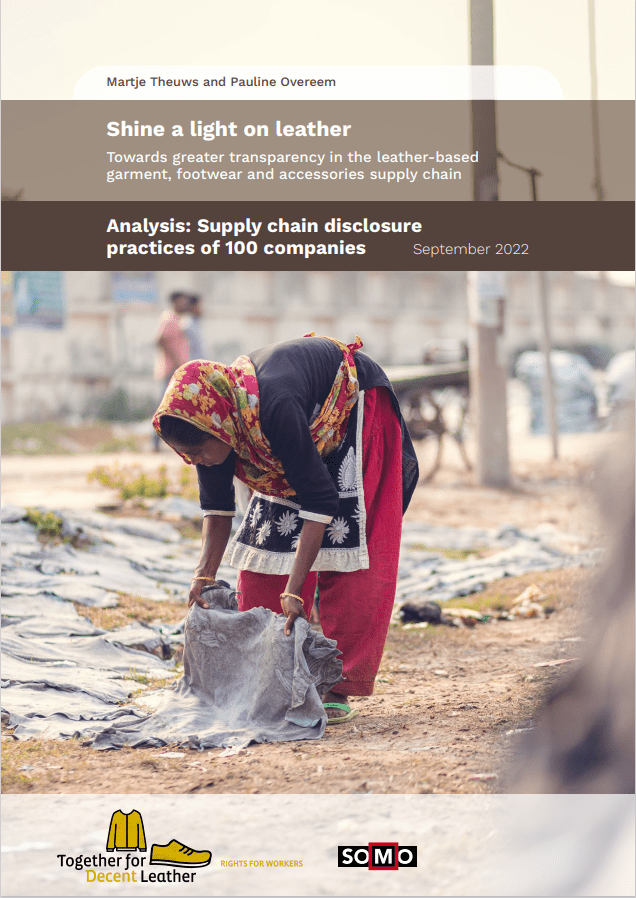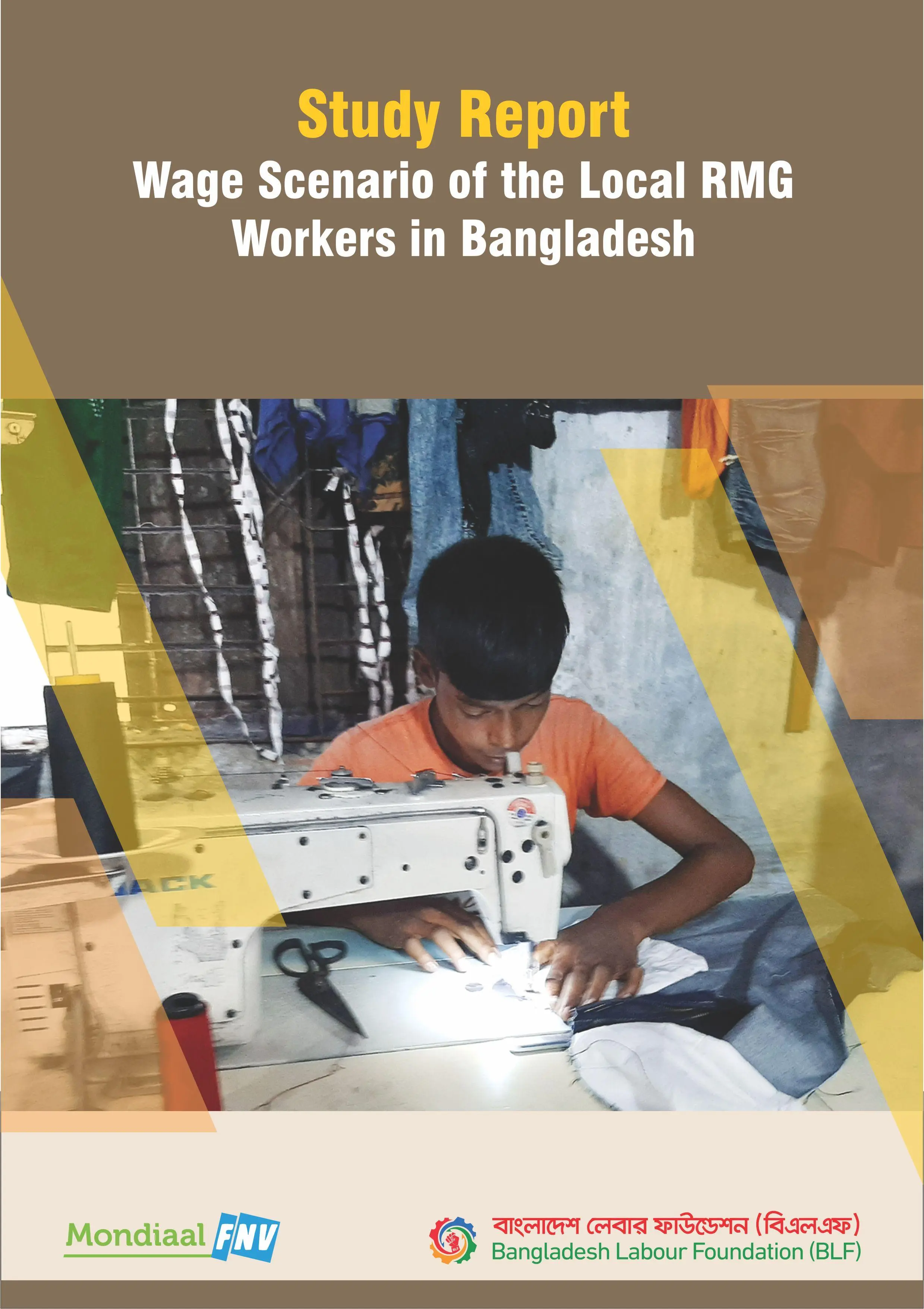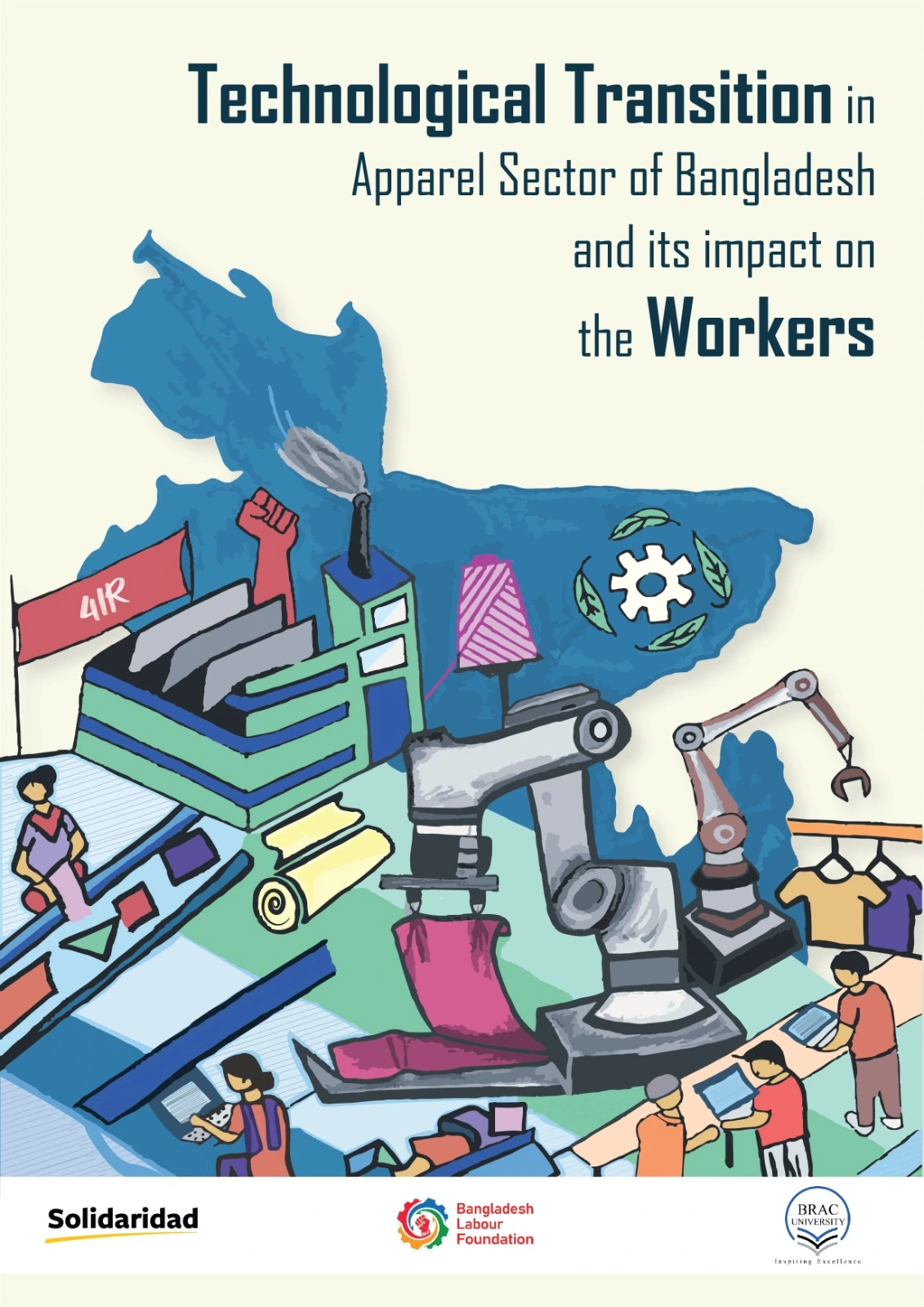Research & Study
Tannery Industries in Dhaka
July, 2019
This study, conducted by Catalyzer Limited with support from the Bangladesh Labour Foundation (BLF), investigates the condition of tannery workers and industries following their relocation from Hazaribagh to Savar. The leather industry, a key sector in Bangladesh, contributes significantly to exports but faces challenges related to workers’ rights, safety, and environmental hazards.Bangladesh’s market-based economy, the 42nd largest globally, has grown at an average of 6.5% annually from 2009 to 2018, with the leather sector being the second largest export sector. The government has upgraded the industry, setting up modern tannery industrial estates in Savar and Chattogram and Rajshahi. However, the industry faces challenges in managing pollution and adapting to modern equipment, tanning methods, environmental safety, and commercial conditions.
Background
The tannery industry plays a crucial role in the economy, providing employment to thousands of workers. The tannery industry, while vital to the economy, faces significant challenges regarding labour rights, workplace safety, and socio-economic conditions for its workers. The relocation of tanneries to Savar, intended to mitigate environmental pollution and improve working conditions, has instead resulted in unintended socio-economic disruptions. Workers have experienced job losses, increased commuting costs, and poor living conditions. Additionally, the relocation has raised concerns about compliance with labour laws, workers’ awareness of their rights, and the prevalence of gender-based violence, particularly harassment of female workers.
Despite the establishment of the Tannery Industrial Estate and the Central Effluent Treatment Plant (CETP), these issues continue to affect workers’ overall well-being and job security. There are significant gaps in labour protections, health and safety measures, and environmental safeguards that need urgent attention. This study aims to address these gaps by assessing the impact of the relocation on workers’ rights, safety, and socio-economic status, with the ultimate goal of advocating for improvements that promote fair treatment, better working conditions, and sustainable growth in the tannery industry.
Objectives
- To assess the overall scenario of the leather sector as well as tannery industries in Bangladesh; To assess the socio-economic status of the workers involved in the tannery sector.
- To explore conceptual understanding, practices and experiences of gender-based violence with special focus on sexual harassment against female tannery workers at their workplaces.
- Find out the consequences of child labour; identify challenges to eliminate child labour.
Key Findings
- 30 percent of the workers became jobless after the tannery relocation to Savar.
- The range of temporary workers is 20%- 70% and the rate of temporary worker’s is higher among women.
- The Child Labours often face shouting, using abusive language, physical abuse (e.g. beating, slapping, kicking, pulling them by their hair, throwing objects/tools).
- Among the workers in the tannery industry, 51.6% have identity cards, whereas the remaining 48.4% do not have any.
- Only 7.5% of workers enjoy provident fund, gratuity, or other benefits, while 55.6% do not, and 36.9% say facilities are unavailable.
Recommendations
- Appointment of child labourers will be totally stopped, as the tannery industries are proved health hazardous.
- The government should meticulously execute its plan to create a pollution-free, modern industrial town in Savar, offering housing, medical services, educational institutions, markets, and employment centers, thereby boosting GDP.
- The BLA mandates equal salary for female workers and full maternity leave, while the government and tannery owners are collaborating to establish day care centers.
- BLF must continue advocacy to implement compliance by administering and enforcing relevant legal instruments.
- Tannery industry workers should have trade union rights and citizens' rights, and CSO and worker's rights, and increase the technical capacity of labour organizations to monitor, advocate for, and hold governments and business owners accountable.
The tannery industry in Bangladesh is crucial for national growth and employment, and the government should prioritize the interests of both owners and employees. Adherence to relevant laws and recognition of workers’ rights is essential for maintaining a healthy business environment. The industry can negatively impact the environment and health, so both owners and workers must be aware of their activities. Bangladesh can be a potential destination for leather and leather goods production with high profit but low investment, with infrastructure, pollution-free production, and an export base.

Publication Details
Date: July, 2019
Contact
Bangladesh Labour Foundation (BLF)
107 Bir Uttam C.R. Datta Road
Dhaka – 1205
Bangladesh






